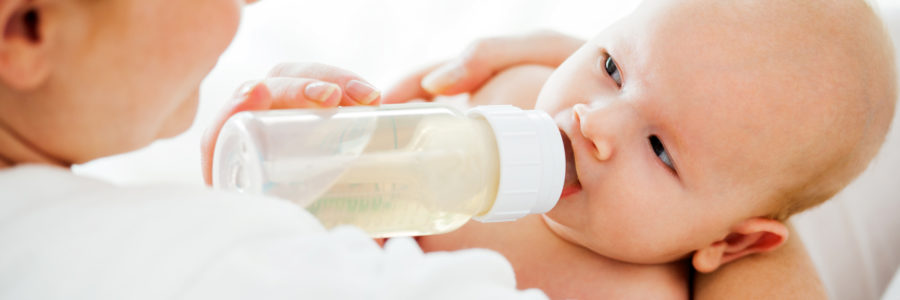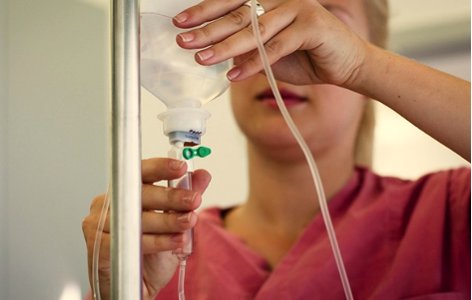Articles about Depression by Lori Calabrese, MD | The Ketamine Blog
The World Health Organization asserts that depression causes more disability worldwide than any other illness. In addition to standing alone as a disabling disorder, it also worsens other illnesses from diabetes, liver disease, heart disease, and brain injuries. We present these articles about depression to show the many ways this disorder is expressed, ways to treat it, and to dispel stigma caused by lack of information.
Causes
Depression and stress create a self-defeating cycle. Prolonged stress prunes the synapses, the dendrites attached to them, and the dendritic spines, reducing the network necessary for optimal signaling in the brain. Consequently, thinking slows and outlook darkens. In addition, creativity all but disappears. Depression follows this process, imposing yet more stress on the these all-important signaling structures.
Other structures in the brain enter the process. These structures in turn malfunction and make the symptoms worse. The lateral habenula, the amygdala, the thalamus, and the hippocampus each play a role in depression. By the same token, depression impacts them, too.
Treatment
Only about a third of people who suffer with depression find relief with traditional antidepressants. These medicines increase neurotransmitters in the brain and eventually increase neuron growth. But the actions of these medicines delay the process and these patients improve slowly. Sometimes, if the first trial with a medication doesn’t help, a different one or combination can help another one third or so of those who didn’t feel better after the first trial. Unfortunately, 33% of people suffering from depression find no relief from these medications. Until recently, they were left with little or no hope of relief for the rest of their lives.
Benefits of Ketamine Treatment
However, ketamine treatment is a novel and advanced treatment that has changed the prognosis for those treatment-resistant patients. Ketamine switches the mRNA to “On” which turns on the DNA to turboboost the brain-derived-neurotrophic-factor (BDNF) that proliferates neuronal growth along with synapses, dendrites, and dendritic spines which play such a vital role in improving signaling throughout the brain.
Another benefit of ketamine is how rapidly it causes the G proteins to slide off the lipid rafts in the cell membrane. This allows them to get back to work enhancing signals. It also causes the cell bursting in the lateral habenula to be dampened. Another process that allows you to experience a sense of reward – and feel better – when something good happens. Basically, ketamine treatment goes to work to help you feel better fast.
Then you enjoy clearer thinking and more creativity. Also a rewarding and upbeat outlook filled with light and joy. Add to that the improved initiative, increased motivation, and hope that makes life worth living again. This remarkable outcome occurs in 65-70% of treatment-resistant patients in general, and much more than that when the treatment is highly personalized. And the results are rapid and robust. Extraordinary.
As you read these articles about depression, keep in mind that there is always hope. Researchers continue to work to find more aspects ketamine’s effects on the brain that can impact the outcome.

The holidays are quickly approaching and you may already be experiencing some angst. While the holidays are a great way to spend quality time with family and friends, stress and depression aren’t uncommon during this time. Here are 7 tips to help you avoid holiday stress and depression. 1. Be Realistic We often have an […]
Continue Reading

Treatment-resistant depression When you’re depressed and taking an antidepressant, it may seem like it takes forever for it to work. While therapy, in addition to medication, can help… it may not be enough if you’re experiencing treatment-resistant depression. Some people find after many months with a medication that there’s no relief. If that’s the case, we […]
Continue Reading

If you’re battling depression, you know how debilitating it can be. It’s more than just feeling unhappy; it’s pervasive and it takes time to develop positive strategies to help lift your symptoms. While antidepressants and psychotherapy are the cornerstone of treatment, there are many tools that you use to help ease your depressive symptoms. 1. […]
Continue Reading

The time has come to start weaning your baby from the breast and you may be feeling a little sad. There are so many emotions that run through your body, especially when it comes to your child. If you are feeling a little blue as you stop breastfeeding, here are some things you need to […]
Continue Reading

Postpartum depression affects 1 in 7 women and can last for months if not treated. The symptoms of pervasive depressed mood, feelings of inadequacy and being overwhelmed are often accompanied by anxiety, irritability, inability to sleep despite exhaustion, inconsistent appetite, and intense isolation and guilt about experiencing these symptoms during what should be a joyful time. […]
Continue Reading

Each year, millions of Americans are diagnosed with major depression. Not all of them will seek treatment, and roughly 40% of those who do will not respond to antidepressants. Fortunately, there’s an alternative to Treatment-Resistant Depression – IV Ketamine Therapy Ketamine is administered at a low dose by IV infusion, and it works quickly. Many patients […]
Continue Reading

Exercise is important to our physical health but it’s also essential to our mental well-being. If you’re feeling down, one of the best things you can do is to get active. It doesn’t take much; a brisk 30-minute walk is sometimes all it takes to help you feel better. When you’re depressed, your brain doesn’t […]
Continue Reading






